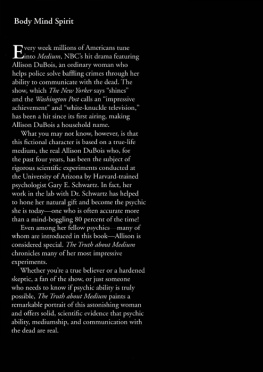FOREWORD
This short book should be widely read byall who are interested in the subject of Psychical Research, and it isespecially to be commended to those who are thinking of taking up the study ofmediumistic phenomena, whether mental mediumship, or the production of physicalphenomena by those claiming supernormal faculties. Mr. Dingwall writes withauthority; he has had many years of experience in investigating the claims ofboth physical and mental mediums, and, from my knowledge of him, I think hebrings away from these years of investigation still an open mind, still abelief in the possibility of the existence of supernormal faculties. On theother hand, he has seen much of the sad, sordid side of the wholebusiness-fraud, deceit, trickery, naked and unashamed if only the observerknows where to look for it, and a public willing and anxious to be gulled, andresenting bitterly any imputation against their favourite mediums, from whomthey have received some solace, some confirmation to them of their cherishedbeliefs and hopes. One of the saddest things that I know is the way in whichmen and women of the highest integrity, with well-balanced judgment, goodcritical faculties for all the ordinary affairs of life, will bring to a sanceroom the gullible mind of a child, ready to accept any marvel, any so-calledevidence for survival. It is within my knowledge, within my almost dailyexperience, the harm that is being done by the uncritical, unscientificapproach to the study of supernormal phenomena. It is harmful to be confirmedin any of our cherished beliefs by fraud and trickery: it is more harmful stillwhen those beliefs, which may in themselves be perfectly valid and based upontruth, are shattered by the exposure of fraud.
Mr. Dingwall's book is written in orderto try and obviate some of the dangers; to try and ensure that those who fromany motive wish to investigate physical or mental mediumship should have someknowledge of the pitfalls which will surround them during their investigation.The book will render a very real service if it reaches the public it deserves.In these mattersas in all scientific inquiries -the difference betweenhypothesis and dogma cannot be too strongly insisted upon. The seriousinvestigator may start with the hypothesis that supernormal faculties exist, oreven with the hypothesis that discarnate intelligences may communicate throughmediums; but throughout the inquiry these must remain working hypotheses untilor unless proof is obtained which will satisfy the canons of scientificevidence. To start the inquiryhowever scientific the setting and theapparatuswith the dogmatic belief in supernormal faculties or discarnateintelligence, is to court disaster and to open the door to the abuses and cruelfrauds which are now so rampant.
Maurice B. WRIGHT, M.D.
PREFACE
This little book is an attempt to fill agap in the literature of spiritualism. During some years of experience inpsychical research, first as Director of the Department of Physical Phenomenain the American Society for Psychical Research and then as Research Officer ofthe Society for Psychical Research in England, I have constantly been remindedof the fact that beginners have had no short text book which may be ofassistance to them in their practical inquiries into spiritualism. I havetherefore tried in this book to provide the novice with some useful hints whichhe may find of service when visiting mediums. The work is not intended forspiritualists or for experienced psychical researchers, although both classesmay find something of interest in its pages. It has been written for theserious man and woman of to-day who wish to know how to approach the subject ofspiritualism, and to avoid at least a few of the pitfalls which so plentifullybestrew the steps of the unwary.
There are numbers of intelligent peoplewho desire some personal experience and yet have no idea how to obtain it. Theyavoid the public medium because they do not know how to appraise the material,and have no idea what to expect and how to make the best of their opportunities.They have heard that fraud is common, and they do not know how to detect it orcriticise the conditions which are imposed upon them. The present hints havebeen designed to help such inquirers and it is hoped that they will fulfiltheir purpose.
In conclusion, I must thank those of myfriends, too numerous to mention, who have helped me both in criticisms and inthe more mechanical side of the production of this book.
HOW TO GO TO A MEDIUM
INTRODUCTION
Before a person goes to consult orexperiment with a medium, it would be as well for him to know something of theelements of psychology, so that he may have some acquaintance with theprocesses at work. In order to give a very rough and ready definition ofpsychology one might say that it is that science which treats of the behaviourof living things. Thus it is the work of the psychologist to study the conductof human beings and to endeavour to understand their mental processes bothconscious and unconscious. Everybody knows more or less what is meant by aconscious process. Suppose I decide to get down a book from a high shelf in mylibrary. In order to do this I can do a variety of things. I may get a chair ortable, or better still some steps and, after performing certain actions I findmyself high enough to fetch the book and so fulfil my purpose.
But even in doing so simple a thing asthis, certain unconscious processes are bound to occur. Thus when fetching thesteps I do not first of all think which foot to advance, but through anunconscious process move the one which happens to be stimulated first.Similarly when upon the step ladder, I may without thinking extend one arm tosave myself from falling if the ladder slip, and indeed there are quite anumber of things which one does without thinking", as the phrase goes. Astill better illustration is that of learning to ride a bicycle. At first oneis conscious of every tendency of the machine to fall and of one's own endeavourto right it, but later these corrective movements become unconscious and we canenjoy a spin without having to keep on thinking how to prevent our bicycle fromfalling over.
It will be clear from these illustrationsthat in ordinary life we perform a great number of actions unconsciously andindeed in many instances, it would appear to the ordinary
man that we are, in a sense, split up, sothat we are able to perform independent actions at the same time. Returning fora moment to our bicycle example, it is a common thing for a cyclist to talk,laugh and argue whilst cycling; and cases are known where a rider has fallenasleep and yet has propelled his machine in just the same way as when he wasawake. Every one has heard of so called somnambulists or sleep walkers, whoperform complicated actions when they are apparently asleep and indeed aresometimes more efficient in this state than they are when normally awake.
It is then clear that in many cases-wemight say in every case-there is a certain amount of splitting up, or as thepsychologist would say of dissociation, present and active in the lives ofevery ordinary being. This is particularly true of mediums as a class, sincethe majority of them are very easily dissociated in a much more pronounced waythan is usual with normal people.


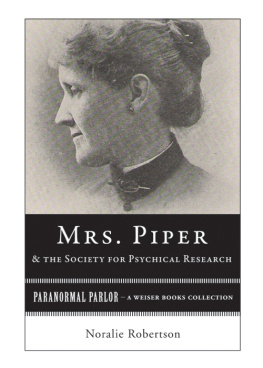
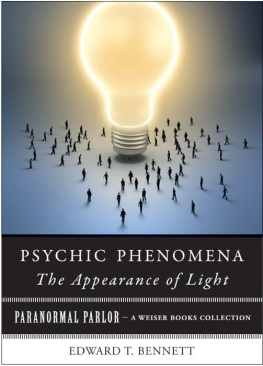
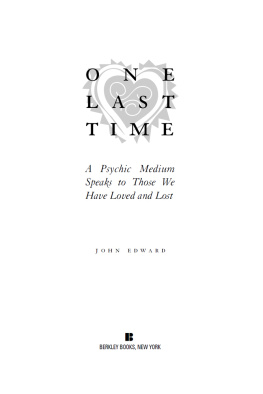
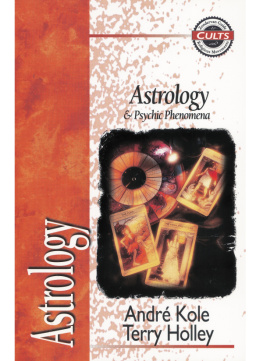

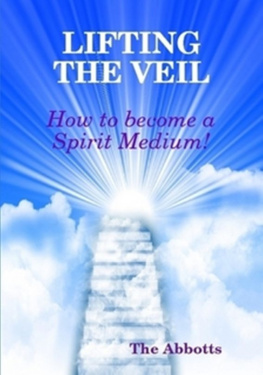
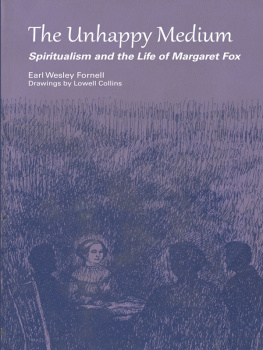

![Thomas Wyndham-Quin (4th earl of Dunraven.) - Experiences in spiritualism with mr. D.D. Home, by viscount Adare [ed.] with introductory remarks by the earl of Dunraven](/uploads/posts/book/310278/thumbs/thomas-wyndham-quin-4th-earl-of-dunraven.jpg)

